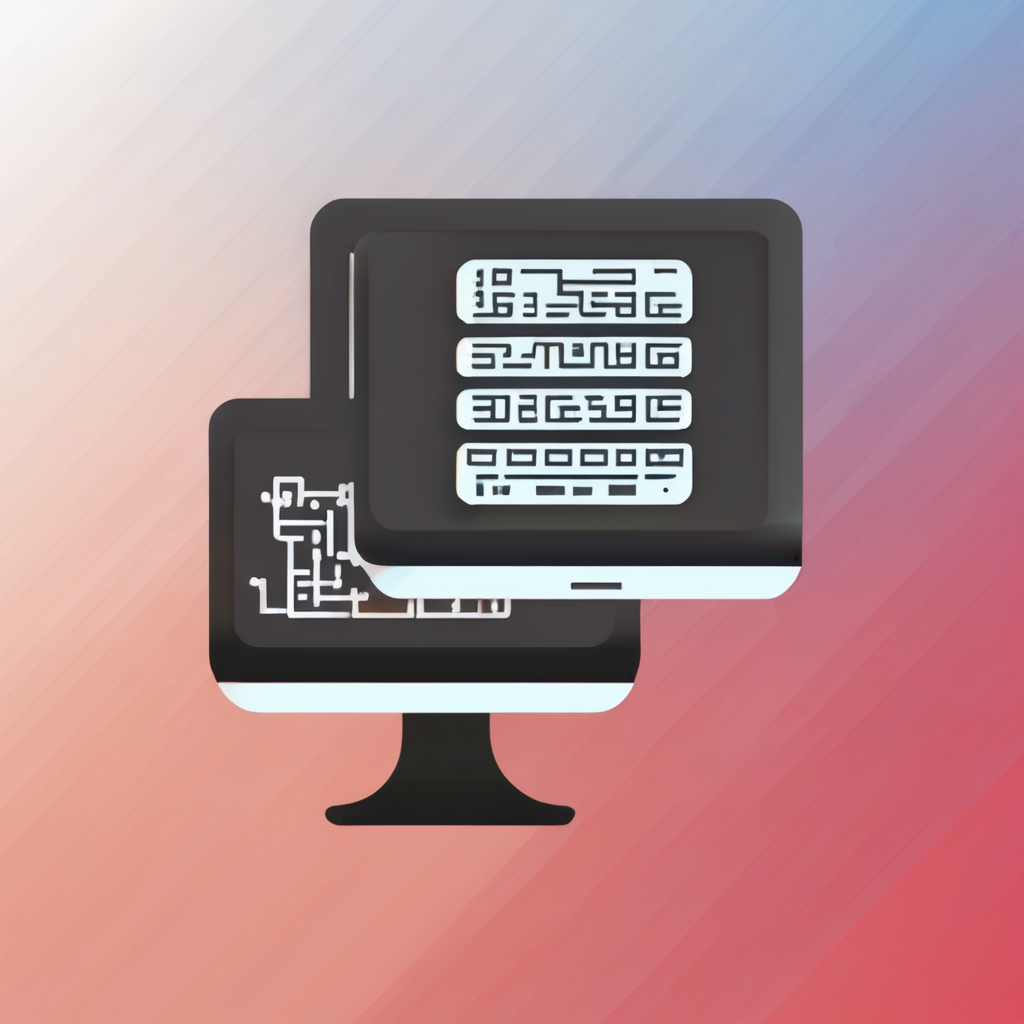Key Advantages of Quantum Computing Over Classical Computing
Quantum computing advantages primarily lie in its ability to process information far more efficiently than classical computers. Unlike classical vs quantum computing, which relies on bits that are either 0 or 1, quantum computers use qubits that can exist in multiple states simultaneously due to superposition. This fundamental difference enables superior processing speed and parallelism, allowing quantum machines to solve certain problems much faster.
When considering computational power, quantum computing excels at tackling complex calculations such as factorization and optimization problems that are infeasible for classical systems. This increase in computational power is not simply incremental but exponential in some scenarios. For example, operations that could take classical computers thousands of years might be resolved by a quantum computer in seconds.
This might interest you : How is the UK fostering collaboration in high-tech computing sectors?
Another crucial quantum computing advantage is its enhanced efficiency in managing large data sets. Quantum algorithms can explore many possibilities concurrently, making data-heavy computations like database searches and pattern recognition more practical. This efficiency is vital for advancing fields like cryptography, machine learning, and modeling molecular interactions.
Overall, these unique capabilities highlight quantum computing’s transformative potential compared to classical counterparts.
Topic to read : How Can Emerging Technologies Transform the UK High-Tech Industry?
Accelerating Advances in Artificial Intelligence and Machine Learning
Quantum computing AI represents a revolutionary leap in technological innovation. Unlike classical computers, quantum computers process information using quantum bits, or qubits, enabling far greater computational power. This capability dramatically improves the training speed and optimization of machine learning models. By exploiting quantum parallelism, AI algorithms can analyze complex data sets more efficiently, reducing the time needed for model convergence.
In the realm of machine learning, quantum computing AI enhances pattern recognition and data analysis to unprecedented levels. Traditional algorithms often struggle with high-dimensional data and non-linear relationships, but quantum algorithms can navigate these challenges by performing multiple calculations simultaneously. This leads to more accurate predictions and the discovery of subtle data patterns that classical methods might miss.
The most compelling aspect of these advances is their potential to surpass current AI limitations. Quantum algorithms open doors for solving optimization problems previously considered intractable, enhancing unsupervised and reinforcement learning techniques. As this blend of quantum computing and AI evolves, it promises to accelerate the development of future technologies, pushing the boundaries of what intelligent systems can achieve in fields ranging from healthcare to finance.
Transforming Cybersecurity and Data Protection
Quantum security is rapidly reshaping the landscape of data protection. Traditional cryptography methods face significant challenges as quantum computing grows more powerful. Quantum encryption introduces innovative techniques that leverage the principles of quantum mechanics to provide future-proof security.
One of the key breakthroughs in this domain is quantum cryptography, which uses quantum bits to create encryption keys that are virtually impossible to intercept or replicate without detection. Unlike classic encryption, quantum cryptography ensures that any attempt to eavesdrop disrupts the quantum state, immediately revealing the intrusion. This property enhances the confidentiality and integrity of sensitive data.
Emerging cyber threats exploit the limitations of current cryptographic algorithms. Quantum-resistant algorithms, designed to withstand the computational power of quantum machines, are essential for maintaining secure communications. These algorithms protect against attacks that could otherwise decrypt data rapidly once quantum processors become widely accessible.
Additionally, the impact of quantum computing on blockchain technology is profound. Blockchains rely heavily on cryptographic security to validate transactions and maintain immutability. Quantum encryption methods promise to secure blockchain networks by introducing resistance to quantum-powered hacking attempts. This evolution paves the way for secure decentralized systems capable of withstanding future cyber threats.
In summary, advances in quantum security and quantum cryptography represent a critical evolution towards ensuring durable, resilient cybersecurity frameworks in the age of quantum computing. Embracing these technologies is imperative for organizations seeking robust protection in an increasingly hostile digital environment.
Revolutionising Drug Discovery and Materials Science
Quantum drug discovery harnesses the power of quantum computing to dramatically accelerate the simulation of complex molecules in pharmaceutical research. Unlike classical computers, quantum processors can model molecular interactions at an atomic level with unparalleled precision, enabling researchers to predict drug efficacy and toxicity faster and more accurately. This advancement reduces the reliance on trial-and-error laboratory experiments, significantly shortening development cycles in healthcare innovation.
In materials science, quantum computing opens pathways to discover new materials possessing desired properties such as increased strength, flexibility, or improved conductivity. These improvements stem from the ability to simulate quantum effects in materials that classical methods struggle to capture. With quantum simulations, researchers can identify novel compounds for use in energy storage, electronics, and sustainable technologies, offering solutions to pressing environmental challenges.
The intersection of quantum drug discovery and materials science creates vast potential to tackle global health issues with more effective therapies while simultaneously driving forward innovations that support environmental sustainability. By enabling detailed molecular simulation at unprecedented scales, quantum computing stands to transform multiple domains, bridging healthcare innovation with cutting-edge materials research.
Quantum Computing’s Contribution to Industry and Innovation
Quantum computing is rapidly transforming various industry applications by providing enhanced computational power that classical computers cannot match. Its ability to process complex algorithms at unprecedented speeds offers businesses new possibilities in sectors such as logistics, finance, energy, and manufacturing. This shift enables the emergence of innovative solutions to long-standing challenges in these fields, pushing the boundaries of what is achievable today.
Optimising Logistics and Supply Chains
In quantum business environments, logistics and supply chain management benefit immensely from quantum computing’s optimization capabilities. Traditional methods often struggle with the vast combinatorial complexity of routing, scheduling, and inventory management. Quantum algorithms, such as quantum annealing and variational quantum eigensolvers, can evaluate multiple solutions simultaneously, identifying the most efficient paths and strategies.
This improved optimization translates into faster delivery times, reduced costs, and better resource allocation. Companies using quantum-enhanced logistics can more rapidly adapt to disruptions or fluctuating demands, a crucial factor in today’s volatile market conditions. The result is a logistics system that is more resilient and agile, helping businesses maintain a competitive edge.
Enhancing Financial Modelling and Risk Analysis
Financial institutions have embraced quantum computing for financial modelling and risk analysis due to its ability to accelerate calculations that involve massive datasets and intricate variables. Quantum algorithms improve the precision of simulations, portfolio optimization, and prediction of market behaviors, enabling more informed decision-making.
For instance, quantum computing can analyze complex derivative pricing models much faster than classical computers, or execute Monte Carlo simulations for risk metrics with improved efficiency. This capability allows financial analysts to explore a broader range of scenarios and anticipate potential risks more thoroughly, enhancing their ability to mitigate losses and maximize returns.
Supporting Innovation in Energy and Manufacturing
In future technologies, quantum computing supports innovation by addressing the computationally intensive tasks essential in energy production and manufacturing processes. In energy sectors, it aids in optimizing grid management, material simulations for renewable energy technologies, and accelerating the discovery of new sustainable materials.
Similarly, in manufacturing, quantum computing enables detailed modeling of chemical reactions, materials properties, and production system optimizations. This leads to improved product quality, reduced waste, and more efficient manufacturing flows. These advances not only boost productivity but also foster the development of cutting-edge, sustainable solutions for the industry.
By driving such critical enhancements across different sectors, quantum computing stands as a pivotal force shaping the future of industry and innovation.
Addressing the Challenges and Future Potential of Quantum Computing
The path to scalability in quantum computing faces significant challenges. Presently, quantum systems are limited by error rates, qubit coherence times, and the complexity of controlling numerous qubits simultaneously. These quantum computing challenges hinder the creation of reliable, large-scale machines capable of outperforming classical computers in practical applications.
Despite these obstacles, the future potential of quantum computing remains vast. Advances in error correction techniques and hardware design are steadily improving qubit stability and connectivity. This progress lays the foundation for devices that could revolutionize fields such as cryptography, materials science, and complex optimization problems.
The real-world impact of quantum technologies is expected to grow as these systems transition from experimental setups to commercially viable tools. Industries ranging from pharmaceuticals to finance could benefit from quantum-enhanced simulation and analysis, driving economic transformation. Moreover, as quantum technologies evolve, their influence will extend beyond computing, reshaping digital infrastructure and security paradigms.
In summary, overcoming current quantum computing challenges is crucial to unlocking the transformative future potential inherent in these technologies. With continued innovation, quantum computing is poised to play an increasingly pivotal role in shaping our digital future, offering unprecedented capabilities that extend well beyond the limitations of classical devices.

